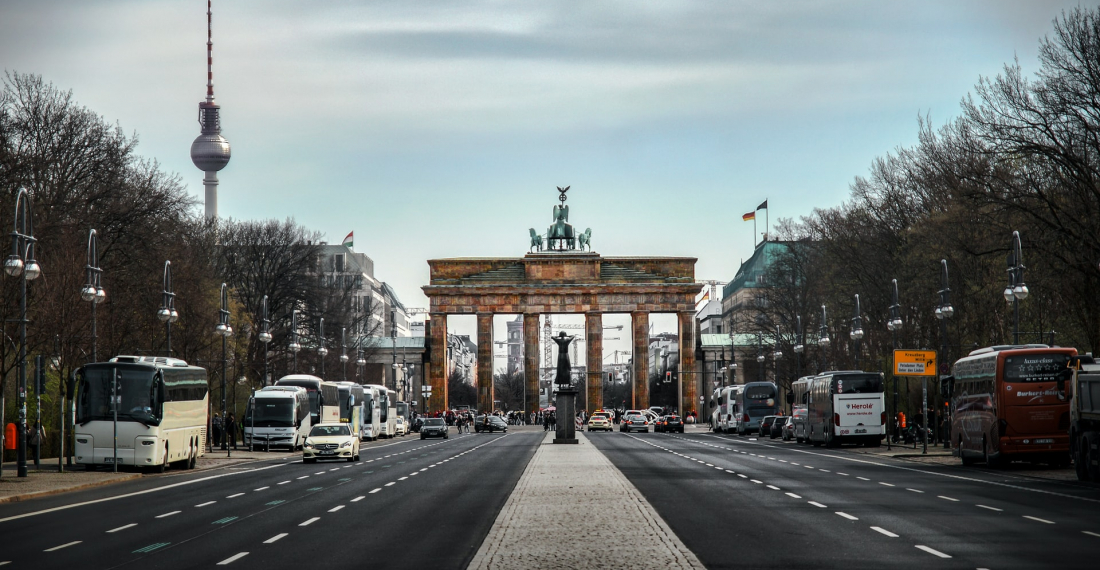Germany is accusing Russia of trying to steal personal login data from lawmakers in what it suspects was preparation to spread disinformation ahead of the upcoming German Bundestag elections. A hacker group allegedly carried out "combining conventional cyberattacks with disinformation and influence operations" on behalf of the Russian government, says spokesperson Andrea Sasse of the German Ministry of Foreign Affairs.
According to the spokesperson, several attempts have been made in recent months to steal the personal login data of federal and regional politicians, among others. The hacker group Ghostwriter is said to have attempted this via phishing mails, amongst other things.
"These attacks could serve as preparations for influence operations such as disinformation campaigns connected with the parliamentary election", Sasse told reporters in Berlin.
The German Ministry of Foreign Affairs demands that the Kremlin immediately cease the cyber attacks. Sasse does not want to comment on the extent of the attacks or the possible damage. She only let it be known that the attacks are "completely unacceptable and that the German government is prepared to take further measures".
The Russian government has not yet responded to the allegations.






